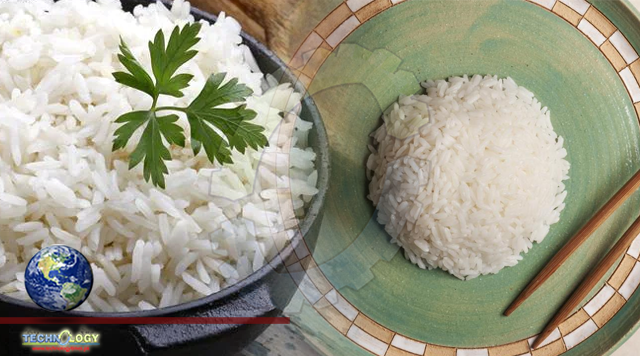Australian scientists have discovered rice can contain trace amounts of potentially harmful microplastics during a world-first study published in the Journal of Hazardous Materials.

Researchers from the University of Queensland (UQ) have detected an average 100g single serve of uncooked rice can contain 3-4mg of plastic.
The amount of microplastics is four times higher in instant or pre-cooked rice with an average of 13mg per 100g serve.
The study’s lead author, Dr Jake Dr O’Brien, employed an innovative method of plastic quantification which UQ had already developed and used during past studies on seafood and sewage sludge.
Generic packet rice was used for the latest research and UQ’s groundbreaking technique was applied to seven different plastic types.
Researchers tested for the most common plastic, Polyethylene, as well as plastics used in clothing and food production, laminates, technical engineering, polystyrene, acrylics and tube piping.
The average grain of rice tested measured 8mm in length. Microplastics are defined as a plastic material 5mm or less.
Dr Jake O’Brien, from UQ’s Queensland Alliance for Environmental Health Sciences, was the lead author on the study into rice.Source:Supplied
Dr O’Brien said the study was not cause for concern but should prompt people to consider the products they bought.
“I don’t think people should be concerned, I think people should be aware,” he said.
“Currently there are many unknowns about how harmful consuming microplastics is to human health, but we do know exposure can cause an element of risk.
“We hope this study encourages further research on where plastic contamination of rice is occurring, so we can reduce contamination and increase community awareness of where plastic exposure happens daily.”
Originally published at News.com.au